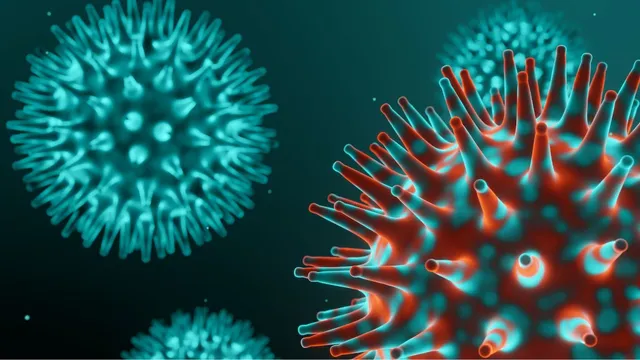- By Iram Hussain
- Thu, 22 May 2025 06:36 PM (IST)
- Source:JND
As COVID-19 cases begin to rise again in India, health experts are closely monitoring the JN.1 variant, a new sub-variant of Omicron that was first identified in August 2023. Declared a 'Variant of Interest' by the World Health Organization (WHO) in December 2023, JN.1 has since spread to more than 40 countries including India. But what makes this variant different? And should you be worried?
In a conversation with Jagran English, Dr. Rakesh Pandit, Senior Consultant & HOD, Internal Medicine, Aakash Healthcare explained the JN.1 variant and shared symptoms and essential precautions that one should take.
What Is The JN.1 Variant?
JN.1 is a descendant of the BA.2.86 (Pirola) variant with additional mutations that help it spread more easily and evade immunity. While it doesn't appear to cause more severe illness than earlier variants, its high transmissibility is a key concern for public health officials.
Symptoms Of JN.1 Variant
Symptoms are largely similar to previous Omicron variants but there are subtle differences in how the virus presents
Fever and chills
Cough and sore throat
Runny or blocked nose
Fatigue and muscle aches
Headache
Loss of taste or smell (less common)
Gastrointestinal issues like nausea or diarrhoea (in some cases)
In most cases, symptoms remain mild, especially in vaccinated individuals, but elderly people, those with weakened immunity and patients with chronic conditions should be cautious.
Why Is JN.1 Spreading Fast?
High immune escape- The variant can bypass antibodies from previous infection or vaccination.
Increased transmissibility- It spreads faster even in populations with high immunity.
Seasonal factors- Cooler weather and indoor crowding support viral spread.
Precautions To Take Against JN.1 Variant
Even if JN.1 symptoms are mild, precautions are still necessary to protect vulnerable groups-
1. Mask up in crowded or closed spaces.
2. Avoid large gatherings if symptomatic.
3. Get vaccinated and boosted, especially for high-risk groups.
4. Practice hand hygiene and avoid touching your face.
5. Isolate if you test positive or show symptoms.
6. Monitor symptoms, especially if you're elderly or immunocompromised.
Should You Be Worried?
While the JN.1 variant is not more deadly, its rapid spread could strain healthcare systems and increase risks for high-risk individuals. The good news? Vaccination still provides strong protection against severe disease and hospitalization. Stay alert, not anxious. Monitor updates from reliable health sources and maintain your basic COVID-19 precautions, said the doctor.

